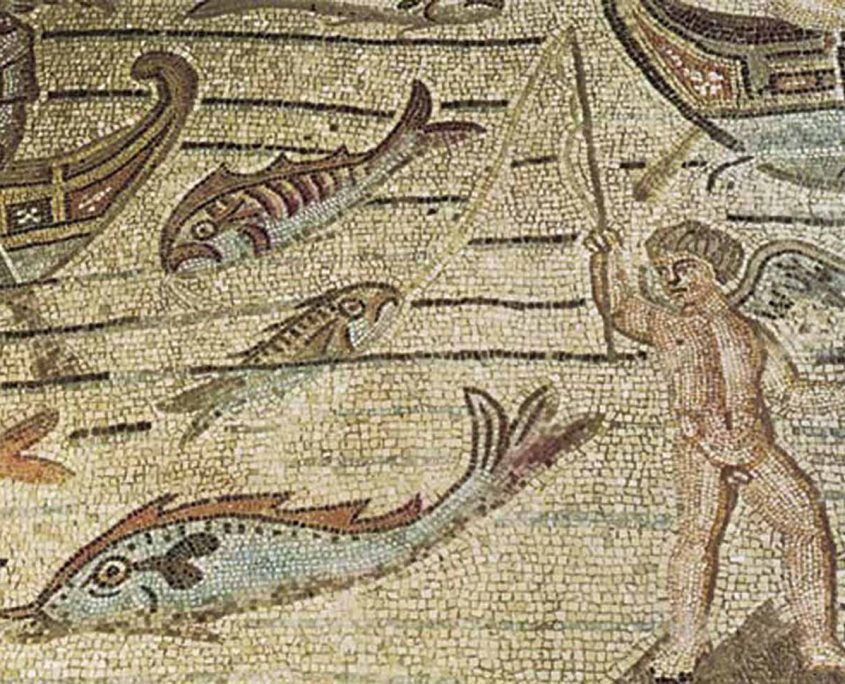Year 1100 B.C.
The great plain covered by dense forests of oak, beech, poplar, elm and durmast extended as far as you could see from dawn to dusk, while to the north there were the first great plateaus with a hint of the taller peaks beyond. To the south the clear, bright air announced the sea, that all the rivers running through the region, the Piave, Livenza, Rasego, Monticano and many more, owed into. From 7000 BC the Euganeans, a nomad tribe that had arrived thousands of years earlier from central Europe to escape the glaciation of the Ice age, had settled on the nearby mountains.
Only as the climate began to improve, and the plain changed from desolate icy tundra into a more habitable environment, did they come down from the mountains and create the first permanent settlements and begin the first forms of farming.
Around 1100 BC, a new civilisation arrived here from the shores of the Adriatic Sea, the Veneto people or, as Homer described them, the Eunetoi from Paflagonia, who, after defending Troy against Greek attack and escaping from the destroyed city, were led here by their hero Antenore towards a better fate. The Veneto people had their own language and religion and a well organised social structure, with building and artistic skills. They lived in huts or pile-dwellings, all with a terracotta clay floor, wood walls, hay and clay roofs and often a pergola shaded by wild vines against the searing summer sun. They bred beautiful horses that were famous for their white coat, speed, strength, resistance and proud bearing, and also cattle, pigs and sheep. They cultivated wheat, barley, millet and vines, which they used to make a dark, bitter and very strong wine.
They were skilled hunters. Nature was generous here: the woods were full of deer, boar, wild goats, ducks and hare, and apart from eating their meat they also used their skin and bones to make their clothes and tools. The numerous rivers, pools and swamps were teaming with all types of fish.




Leave a Reply
Want to join the discussion?Feel free to contribute!